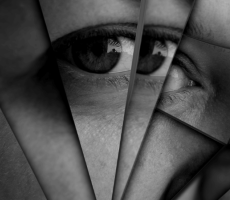Lie: Churches must be named.
Truth: Naming churches divides the body of Christ.
Where I live four churches lie within a quarter mile or less on the same street, each with its own designer sign. To get to my church I have to pass two of them. Something is wrong with this picture.
We’ve grown accustomed to the thousands of denominations that dot the landscape and even consider it normal. Most of the Christian church in America believes that our churches – to be a legitimate church – cannot exist unless . . .









